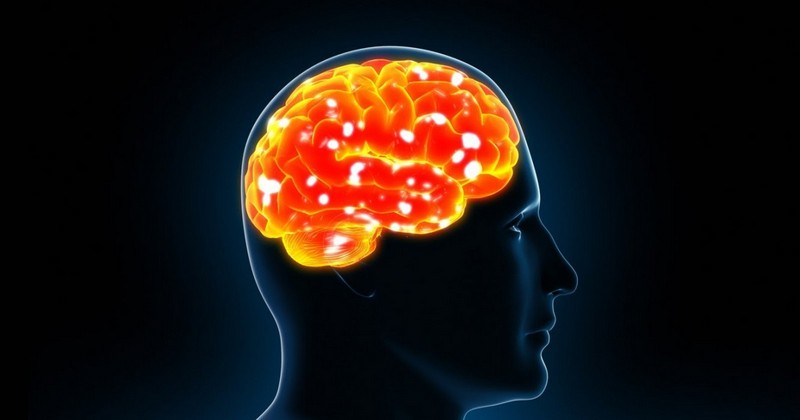Personality may be regulated by the immune system

A study published in the journal Nature concludes something interesting about the way we are.
The study of personality types is one of the main areas of research in psychology.
It has given rise to several proposals for personality tests and systems that are very useful in both applied psychology and research. However, very little is still known about personality types.However, still very little is known about what causes the emergence of personality itself.. We realize that there are differences in people's behavioral (and thinking) patterns, but we do not know what the origin of these differences is. Genetics, learning differences? The answer to this question, besides being a mystery, seems to be very complex.
However, recent research has shed some light on the matter, and it has done so on the basis of a possible answer that is surprising. One aspect of our personality may be controlled by our immune system..
The origins of the sociable personality
The conclusions of the study, which have been published in the journal Nature and are signed by several researchers from the University of Virginia, point to the possibility that part of our social behavior has appeared under the influence that the immune system has on our brain.
The research was based on the study of several laboratory mice in whose bodies there was a shortage of a molecule called interferon gamma (IFN-y). This element plays a very important role in the immune response to pathogens, so it could be said that it fights against diseases.
But its relevance does not stop there, judging by what was observed in mice. These rodents swere significantly less sociable than other rodents, and their behavior resembled that of autism.and their behavior resembled what occurs in cases of autism.
Furthermore, when these animals were put under observation using functional magnetic resonance imaging, it was seen that some areas of the prefrontal lobe were much more activated than is normal in individuals of their species. This was enlightening, because the prefrontal lobe is known to play an important role in the regulation of social behavior, and it also placates commands coming into the cortex from the limbic system, which is the part of the brain responsible for the onset of emotions.
The immune system and the molecules for being more social
Once this had been observed, the researchers injected IFN-y into this group of animals and, immediately afterwards, they saw how their behavior changed to that of another sociable mouse, completely normal.
In addition, they found that after introducing this type of molecule into the mice's bodies, the amount of a neurotransmitter called GABA, which is responsible, among other things, for inhibiting the activation of many neurons in the prefrontal lobe, had increased. This caused the level of activity in this area to drop to within the normal range.
More studies, more evidence in favor
The same researchers conducted another type of study, this time from an evolutionary perspective, to see if the role of gamma interferon was as relevant as it seemed. To do so, they analyzed the genomes of several animal species. Thus they found that those animals that had been sharing space with other members of their species were more likely to cause the gene responsible for IFN-y production to be expressed more, while the opposite was true for those that had been more isolated.
That is, these different animal species were genetically programmed to produce more IFN-y when in social situations, even if they were not infected.
Implications of the study
The discovery made in this study is very relevant for two reasons.
The first is that the most intuitive and seemingly logical thing to think would be that it was social behavior that, by increasing disease transmission, had an effect on the immune system of our ancestors, and not the other way around. This research breaks with this idea by positioning the immune system as a possible trigger for the onset of the sociable personality..
Furthermore, according to Jonathan Kipnis, one of the study's co-authors, it was believed that the immune system and the brain each functioned on their own, and when immune activity was seen in the brain, it was interpreted as a sign of disease. Therefore, knowing that certain immune components can have such significant effects on the brain opens the door to future lines of research that will allow us to know more and better about human and animal behavior.
(Updated at Apr 13 / 2024)